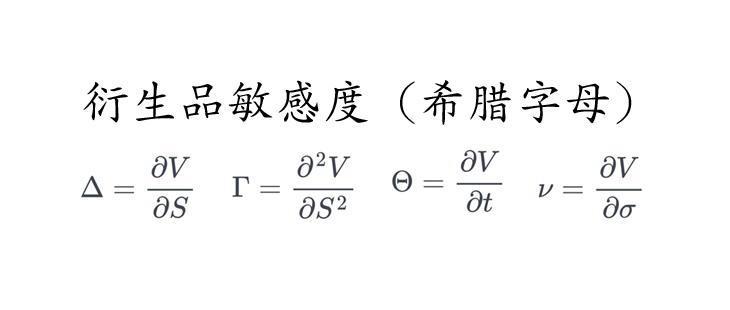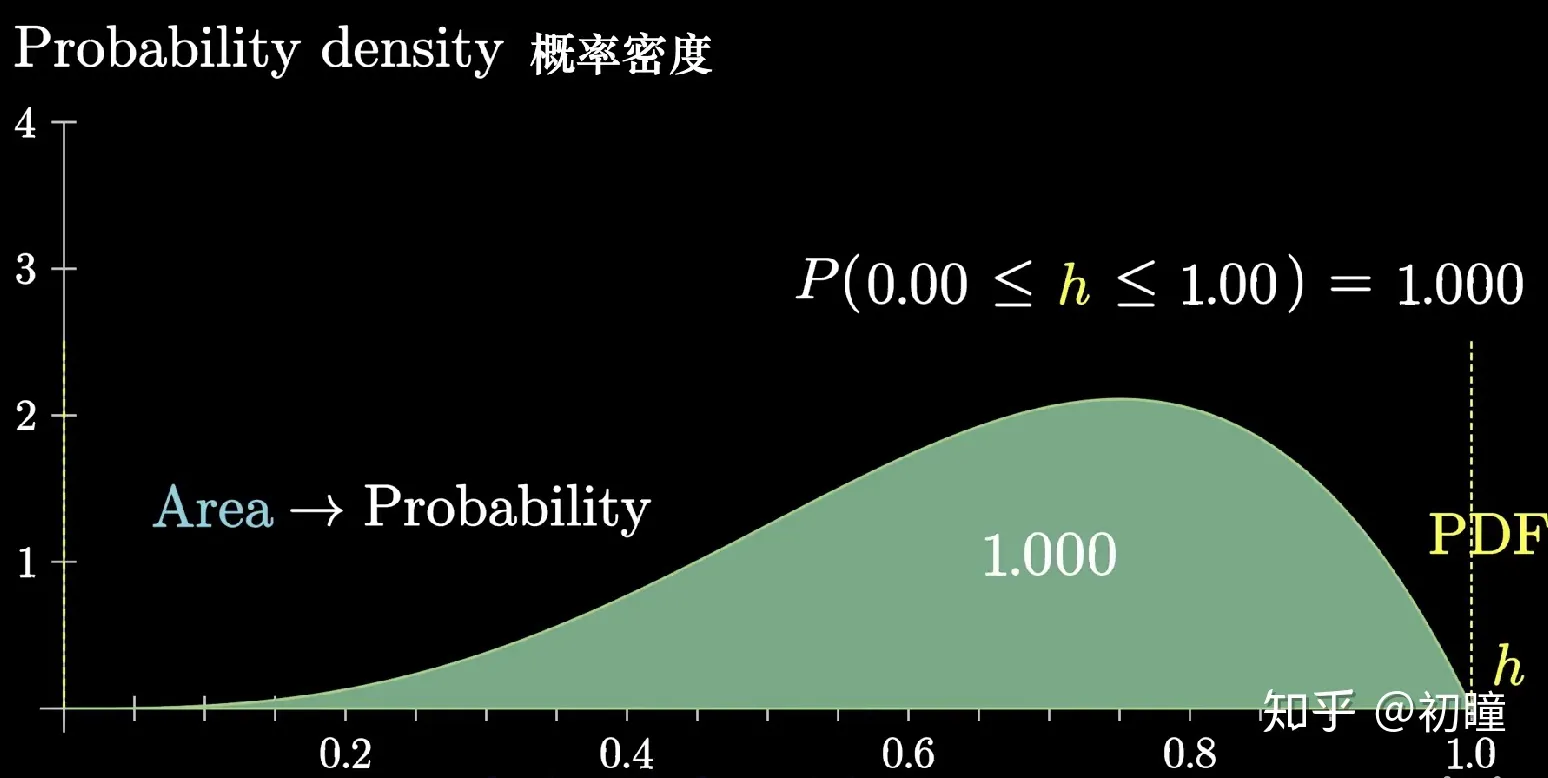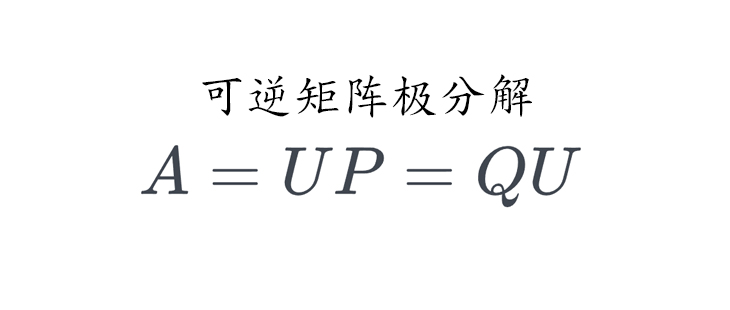专业英语小作文 | 超长期国债

专业英语小作文 | 超长期国债
ProngUltra-long-term government bonds expected to enhance economic vitality
China is set to issue ultra-long-term national bonds starting May 17, as part of its strategy to maintain robust government spending. Compared with ordinary government bonds, ultra-long-term government bonds can relieve the debt repayment pressure of short-term and medium-term bonds to a certain extents and have historically contributed to economic growth and stability, such as the special bonds issued during the COVID-19 pandemic which aided Gansu province.
Despite a solid recovery from the pandemic, China faces challenges like insufficient demand and overcapacity. To tackle these challenges, the authorities have repeatedly emphasized the use of counter-cyclical and cross-cyclical macro policy regulation. The government’s macro policies aim to support the 5% economic growth target for 2024, with active fiscal support and the expansion of government debts. With a government leverage ratio of nearly 60% and central government debt at 42.5%, China’s debt levels remain lower than many overseas economies, suggesting room for increased leverage. Issuing special treasury bonds can help optimize its debt structure and reduce its macro debt cost.
China plans to issue these special bonds for several consecutive years to fund major projects, address international environmental changes, and balance development with security. The bonds are expected to stabilize growth, boost domestic demand, create jobs, and stimulate high-quality development, while also attracting private investment and enhancing the vitality of China’s economy.














